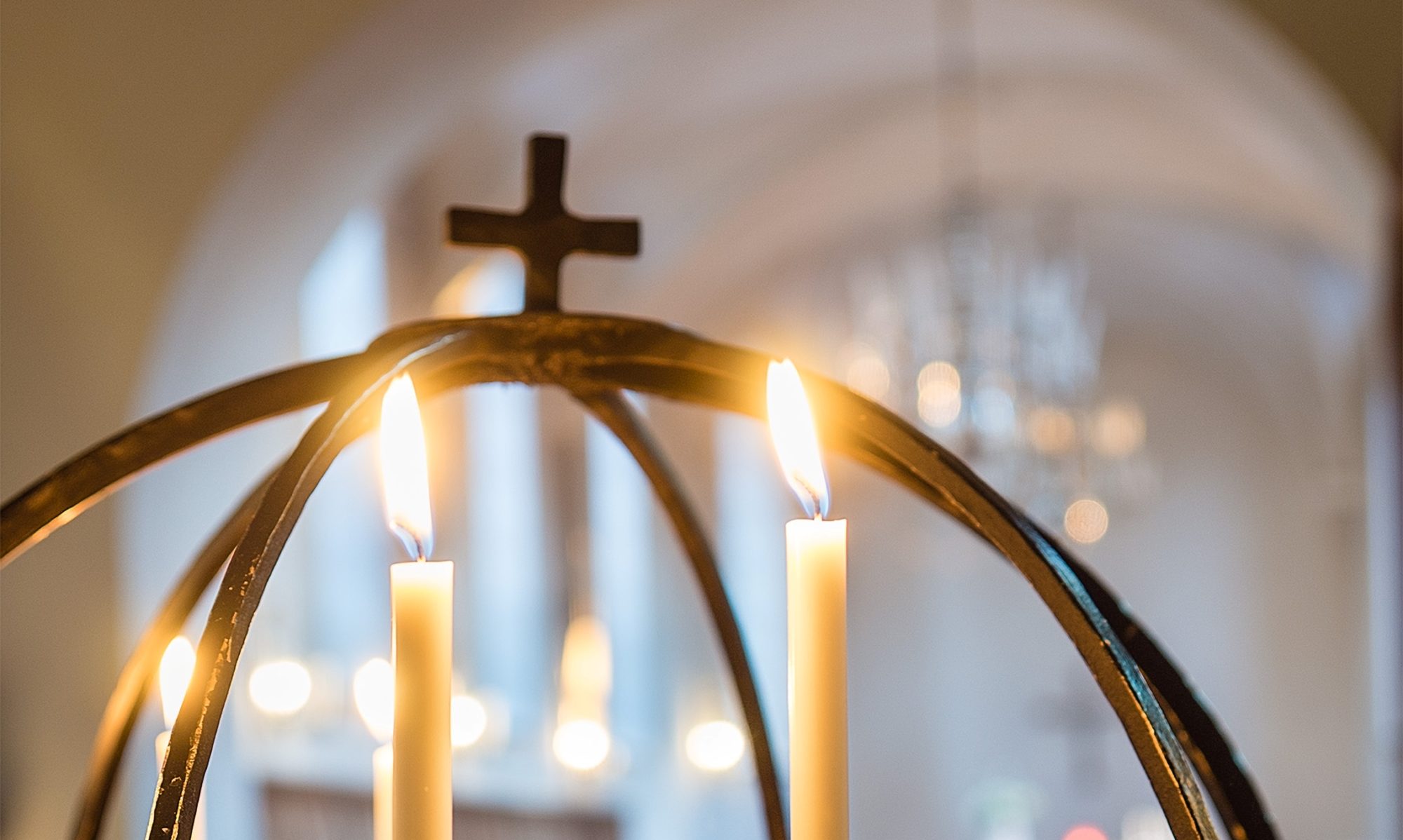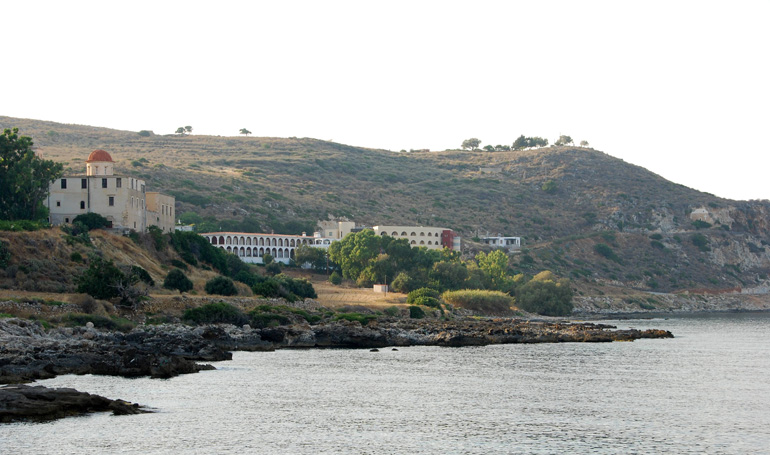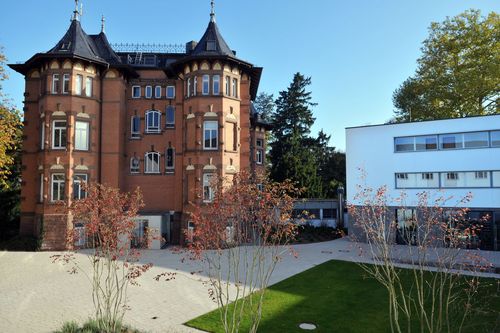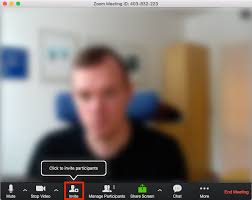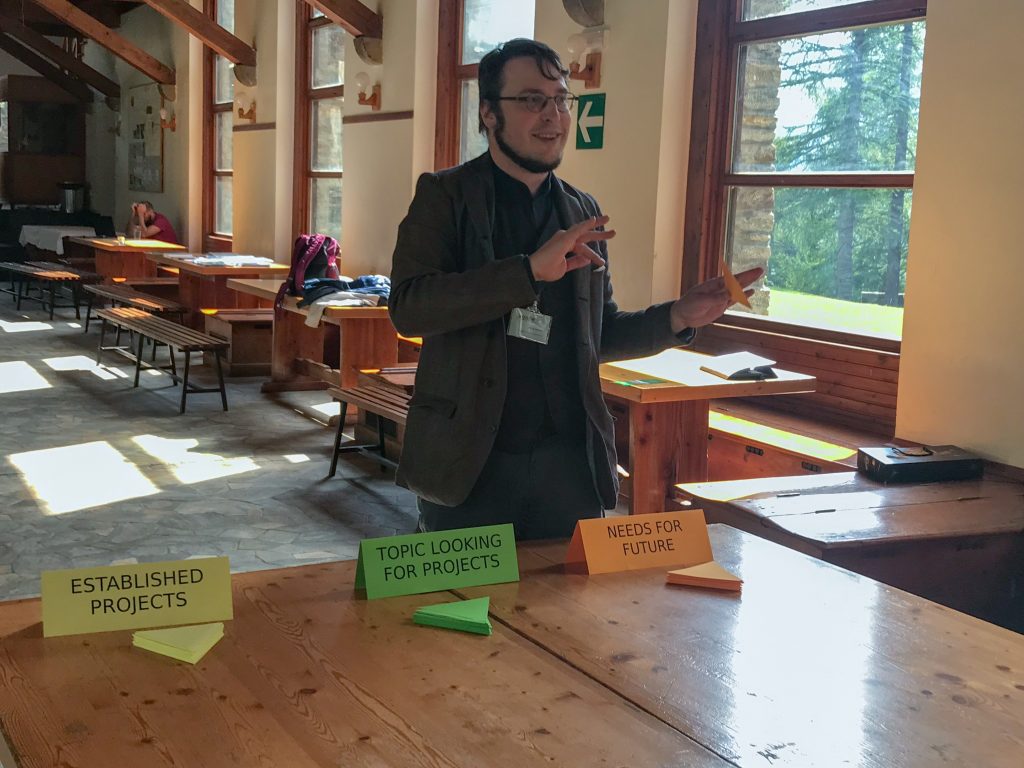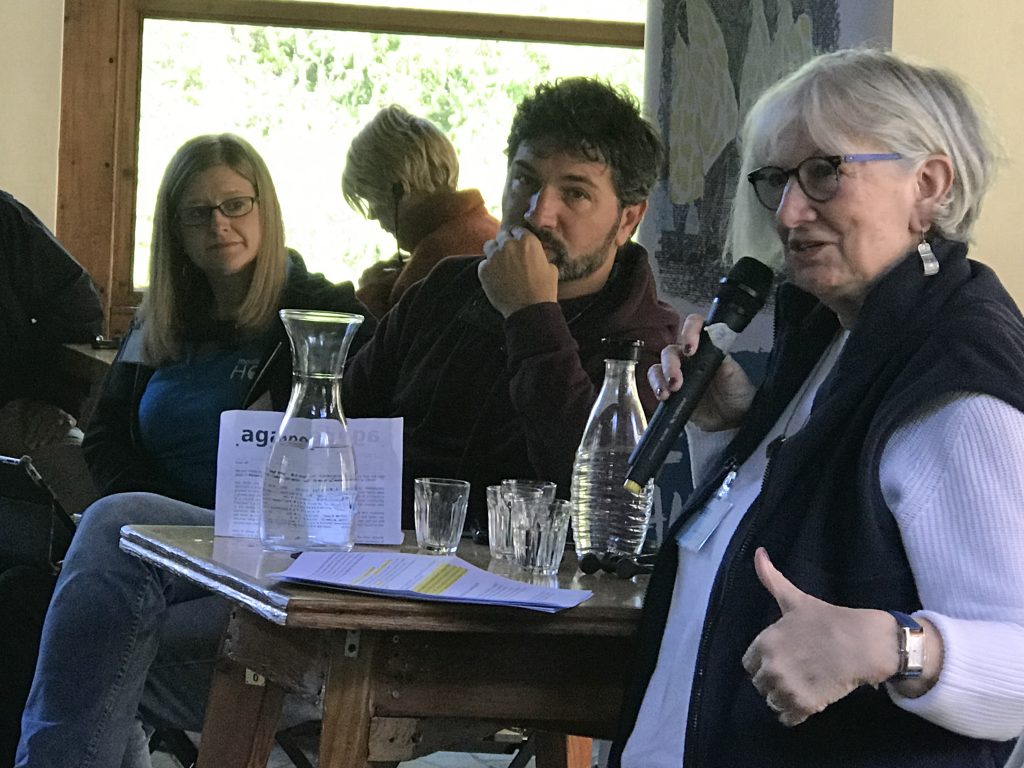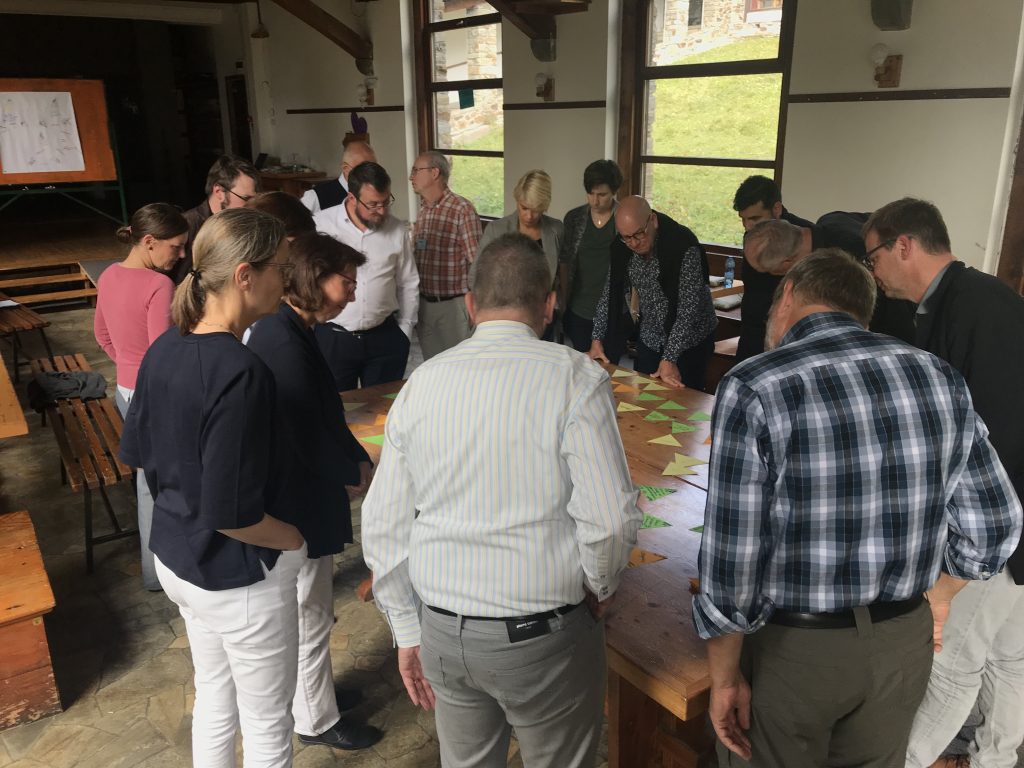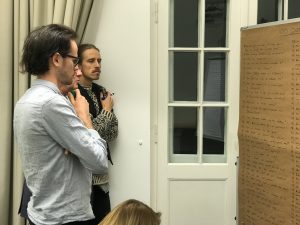Ruslan Yarotski , Head of the Leyan Theological Collegium, St. Leonty
Many people around the world question themselves: “What is happening in Belarus?” Our quiet and previously peaceful country has become the object of attention of journalists from all over the world. The reason is the results of the presidential elections held on 9 August 2020 in our country. It is difficult, if not impossible, to call them democratic. Many democratic candidates were imprisoned by trumped-up charges even before the official date of elections. President Alexander Lukashenko, who has ruled over the country for 26 years, has announced his complete victory, allegedly gaining 80,1% of the votes in his support. However, most people in our country did not believe it. It is obvious a very small group of people, if no one at all, voted for him, so how could he get over 80% of the votes? Obviously, people rushed to the streets peacefully protesting against the fraud elections in all major cities and villages of the country.
From August 9 till August 12 the internet service was largely shut down in Belarus to keep people ignorant and quiet. Nevertheless, Belarussians used an encrypted connection via VPN services to access internet privately and learned about the election results. Riot police was instructed to brutally suppress any protests. No one expected such cruelty! In few days, over 7000 people were detained, severely beaten, intimidated, some of them got shot while peaceful demonstrations, some died of their injuries, others simply disappeared. In prisons, people were tortured and humiliated. In response to this unheard-of brutality and lawlessness, hundreds of thousands of people gathered in peaceful demonstrations. The authorities were forced to release most of the detainees, however, many of them are still in hospitals until today.
Relying on the weaponed forces and the police, Alexander Lukashenko has kept his power. Now propagandists from Russian mass-media have arrived to try implementing an information war against the truth in our country sponsored by our authorities. They do their best to shape and impose public opinion that there was no torturing or beating of the civilians in order to convince the world the protesters are a minority consisted of drug addicts, prostitutes and people who have been paid to protest.
All the events took place before our eyes in our native city of Grodno. People were beaten right at the parking lots near to our temples. The civilians were looking for refuge, hiding from the police in the church. The steering board of our Theological institute condemns cruel violence against civilians, torture in prisons, as well as any sort of manifestation of violence from any side. The bishop of Grodno openly condemned the violence against civilians in his sermon, for which he has been severely criticized by the authorities, as well as priests who support the regime of Alexander Lukashenko. Most part of the leadership and priests of the Russian Orthodox Church try not to speak publicly about the events in Belarus.
Owing to social media propaganda, the authorities try to hide facts and make people forget what happened pretending nothing has happened. It seems many Christians believed this more than their own eyes and that’s very horrible and frustrating.
We are in desperate need of world-wide prayer support for healing, unity and peace for our nation from the Lord. We, as employees of the Theological Collegium, stand for peace to bring awareness of what’s just happened on the streets of our cities. Our position is clearly not politically related. We declare the position of the Holy Scriptures that encourages us not to call evil good and good evil. Isaiah 5:20-21
Ruslan Yarotski , Head of the Leyan Theological Collegium, St. Leonty
Head of the Leyan Theological Collegium, St. Leonty
